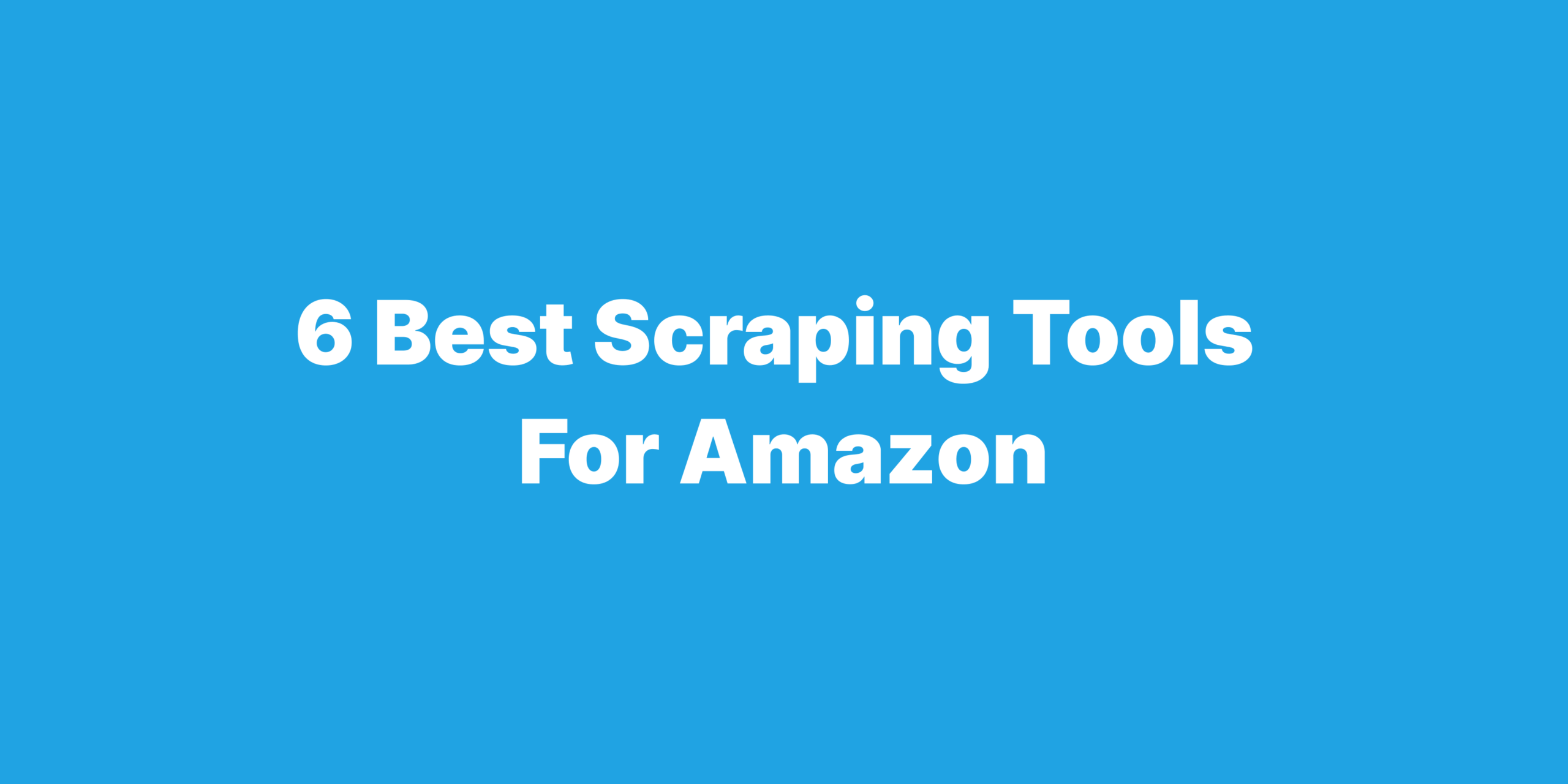Local storage serves as a crucial web browser feature, enabling sites to store data on a user’s device in a key-value format, fostering seamless data management and user experience enhancements. This functionality not only improves website performance by reducing server requests but also provides a straightforward way for developers to implement a persistent state without much overhead. However, managing and extracting this data for further analysis can be a complex task without the right tools. Utilizing a web scraping API can greatly aid in this process, offering a powerful means to programmatically collect and leverage web data efficiently. With its ability to handle large-scale data extraction, a web scraping API becomes an invaluable asset for developers looking to optimize their workflows and enhance the capabilities of web applications they work on.
To modify local storage, access the developer tools by pressing F12 or selecting right-click -> inspect, then navigate to the Application tab. This area allows for the adjustment of stored values, limited to strings under 5MB, enhancing flexibility in data handling.
Although stored as strings, local storage accommodates various data types, including objects like JSON or numbers, thanks to Javascript’s versatility. An illustrative example is found on the product page, which leverages local storage and JSON to track shopping cart contents. Each interaction with the “add to cart” button dynamically updates the local storage JSON dataset with product details and quantities, demonstrating practical local storage applications.
This control over local storage exemplifies how web applications can efficiently manage data, providing a robust mechanism for enhancing user interaction and application state management through straightforward browser tools.



